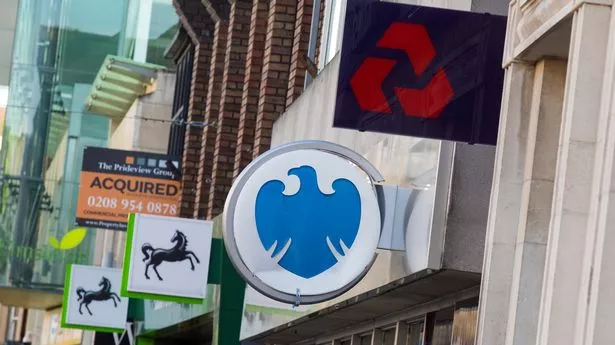NatWest has become the latest lender to cut the length of time you have to lock in a new mortgage rate.
The length of time you have to secure a new mortgage before your current deal expires is decreasing from six months to four months from December 1. Martin Lewis ’ MoneySavingExpert.com website says this means you have less time to "insure yourself against rates rising" before your existing mortgage comes to an end.
Barclays reduced the length of time to secure a new mortgage from six months to three months in September, while Halifax, Lloyds Nationwide and Santander have also decreased theirs to four months. HSBC and Virgin Money still allow you to lock in a new mortgage deal six months ahead.
The average two-year fixed residential mortgage rate is 5.53%, according to Moneyfacts, while the average five-year fix is 5.28%. If your mortgage deal is coming to an end, start by comparing rates now to see what other deals are available. MSE also recommends speaking to a mortgage broker, as they will be able to see options that are not available on the wider market.
You should also speak to your current lender to see what deals they can offer you in the form of a “product transfer”. You'll need to know your current mortgage rate, the terms and length and any exit fees, as well as your loan to value (LTV), before you start comparing other deals.
If you do decide to secure a new mortgage deal, sure to check if you'd lose any fees if you decide to ditch your agreement later on, should something cheaper come along. Approximately 1.6 million fixed-rate mortgage deals will expire in 2024, meaning these households face higher monthly costs due to how much rates have risen over the last few years.
When your fixed rate ends, you'll roll on to your lender's standard variable rate (SVR) and these are normally much more expensive. There are many factors to consider when fixing into a deal - for example, how long you want to fix for and how big is your remaining mortgage.
It comes after the Bank of England cut its base rate from 5% to 4.75% last month. The base rate influences how much banks charge you when you borrow money, for example, when you take out a mortgage, as well as the return you get on your savings. At its highest point, the base rate reached 5.25% in August 2023 and it remained at this level until August 2024 when it was cut to 5%. The Bank of England paused the base rate at 5% at its September meeting.
